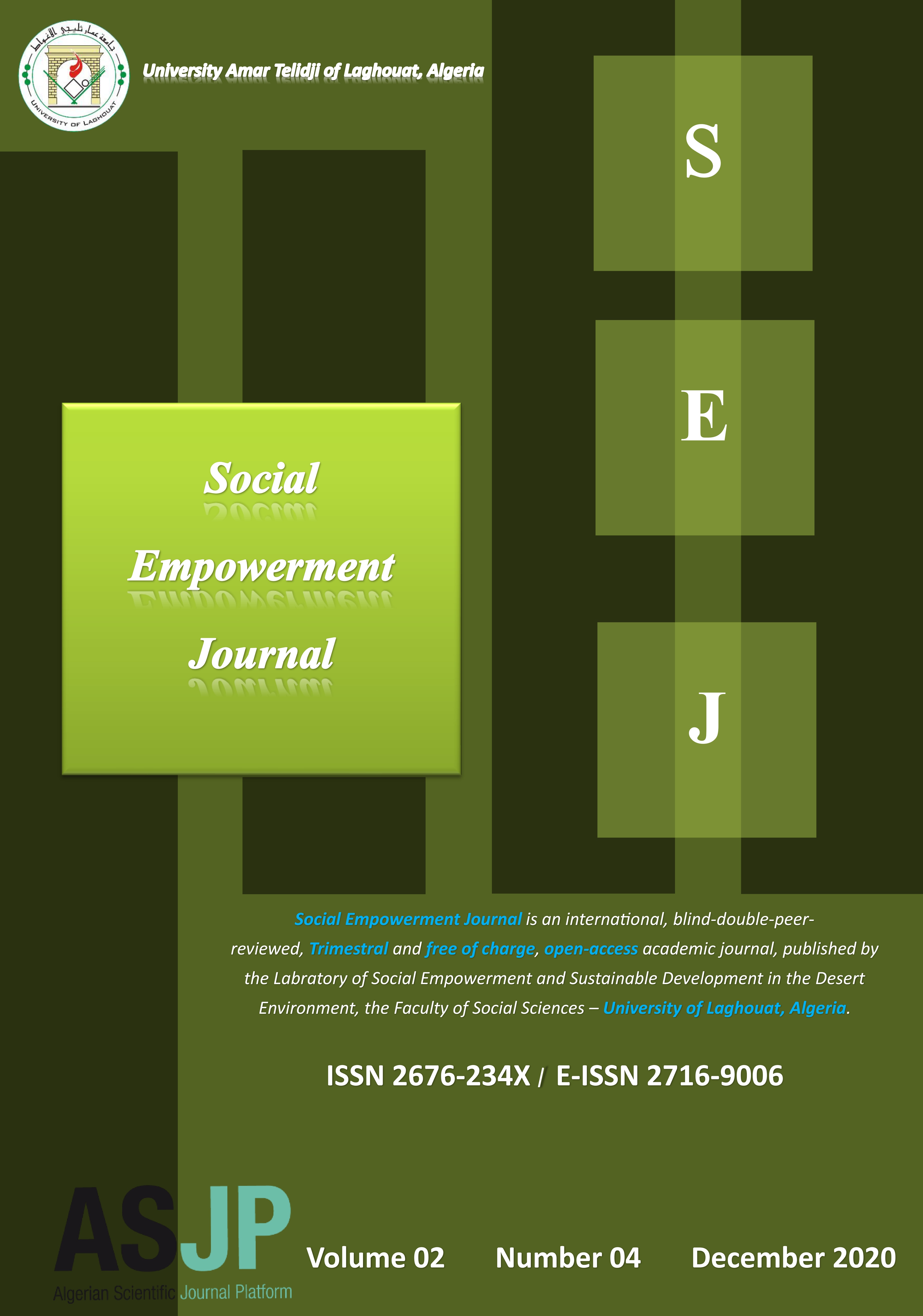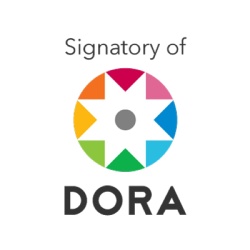طبيعة القيَم الثقافية السائدة في المجتمع وأثرها على مدى تمكين أعضائه: دراسة أولية
طبيعة القيَم الثقافية السائدة في المجتمع وأثرها على مدى تمكين أعضائه: دراسة أولية
الملخص
لكلّ مجتمع ثقافته الخاصة، التي تنمو وتتطوّر عبر العصور، نتيجة مجموعة من العوامل المتداخلة. وهو ما يؤدي إلى إيجاد قيم تؤثر على الأفراد وسلوكاتهم وتصرفاتهم في مختلف المجالات الاجتماعية والمهنية. وهكذا نجد الشعوب المتقدمة تتميز بثقافة إيجابية تساعد على فعالية تصرفات تلك المجتمعات وتدخلاتهم في نشاطاتهم المختلفة، مما يؤدي بهم إلى التطوّر والتقدم. في حين نجد مجتمعات أخرى تتميز بثقافة تطغى عليها الجوانب السلبية، مما يؤدي إلى تبنيهم لسلوكات تتسم بالتكاسل والتهاون في العمل، مما يؤدي إلى تخلف تلك الشعوب. وهو ما يؤكد أثر القيم الثقافية السائدة في المجتمع، على نجاح أفراده في تعاملهم مع مختلف القضايا أو فشلهم فيها، ومدى تحكمهم في واقعهم وفي مستقبلهم.
نتطرق من خلال هذه الدراسة إلى مفهوم القيم الثقافية وإلى العوامل التي تساهم في تشكيلها. كما نتطرق إلى نماذج من القيم الإيجابية وآثارها على أفراد المجتمعات المتقدمة، وإلى بعض القيم السائدة في المجتمعات العربية والإسلامية وتداعياتها السلبية على أفرادها، وأثر ذلك على واقعها الاجتماعي والاقتصادي.
التنزيلات
المراجع
Berry, L.L. (1995), Relationship Marketing of Services Growing Interest: Emerging Perspectives, Journal of the Academy of Marketing Science, 23 (4), 236-245.
Bowen, D. E. and Lawler, E. E. (1995). ―Empowering Service Employees. Sloan Management Review, 36:73-84.
Bowen, D.E. and Lawler, E.E. (1992), the Empowerment of Service Workers: What, why, How, and When, Sloan Management Review, Spring, 33: 31-40.
Carlzon, J. (1987), Decisive Moments, New York, Harper & publishers.
Conger, J.A. and Kanungo, R.B. (1988), the Empowerment Process: Integrating Theory and Practice, Academy of Management Review, 13 (3), 471-482.
Lashley, C. (1999), Employee Empowerment in Services: A framework for Analysis, Personnel review, 28 (3) 169-192.
Rafiq, M and Ahmed, P.K, (1998) A Customer-Oriented Framework for Empowering Service Employees, The Journal of Services Marketing, 12 (5), 379-396.
Taylor E. B. (1871) Primitive culture, (London: Gohn Murry).
Wallace A. (1961) Culture and personality (New York: Random house).
Zemeke, R. and Schaaf, D (1989), The Service Edge: 101 Companies That Profit from Customer Care (New York: New American Library, pp. 65-66.
- Arabic references in English:
Al-Dawri, A. (1983). Economic Backwardness. Dar Al-Matabi'at Al-Jami'iyya, Algeria.
Boufelja, G. (2006). Education for Efficiency. Dar Al-Gharb, Oran.
Boufelja, G. (2010). Cultural Values and Organizational Efficiency. Dar Al-Quds Al-Arabi, Oran.
Boufelja, G. (2011a). The Role of Education in Empowering Vulnerable Groups through Mechanisms of Development. Proceedings of the Third International Spring Institute: Mechanisms of Empowerment of Competencies in the Fields of Social Work and Human Development: Towards a Cultural Approach. Sidi Mohamed Ben Abdellah University, Morocco.
Boufelja, G. (2011b). Obstacles of Arab Thought and Its Challenges. Dar Al-Quds Al-Arabi, Oran.
Al-Jazairi, M. B. A. K. (1988). Culture and its Tragedies. Dar Al-Shihab, Alegria.
Yahya, M. (2009). Empowerment: A Contemporary Administrative Concept. Arab Organization for Administrative Development.

هذا العمل مرخص حسب الرخصة Creative Commons Attribution-NonCommercial 4.0 International License.









